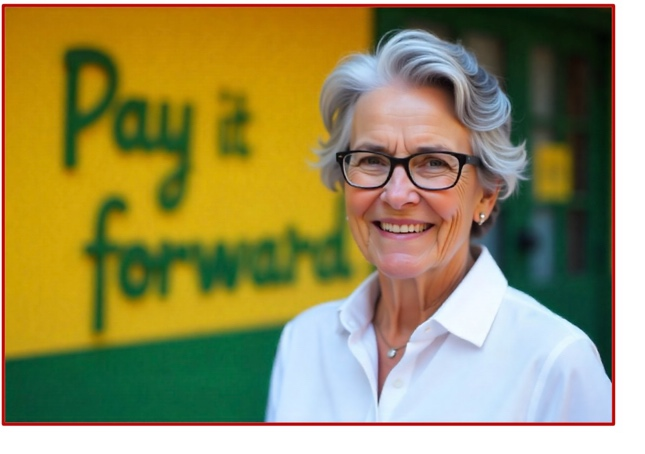
Over the next several years, the commercial credit and collection industry will experience a significant generational shift. Thousands of seasoned professionals, many with 30, 40, or more years of experience, are preparing to retire. These individuals have weathered recessions, navigated volatile markets, overseen the evolution from ledger cards to cloud-based systems, and helped shape the very strategies that companies rely on today.
This wave of retirements is both a loss and an opportunity. A loss, because a wealth of real-world knowledge may disappear. An opportunity, because if even a portion of this experience is shared with the next generation, it could dramatically strengthen and shape the credit and collection teams of the future.
A Lifetime of Lessons
Credit and collection professionals are far more than number crunchers or debt chasers. Over time, they become strategists, negotiators, risk managers, problem-solvers, and often the voice of reason to the sales department and the executive team. Some develop an almost instinctual sense of when a customer might default, long before the data shows it. They’ve designed credit policies, guided relationships through mergers and bankruptcies, and managed receivables during supply chain breakdowns and global crises.
They’ve also watched industries transform through outsourcing, the rise of SaaS models, the decline of traditional retail purchasing, and the emergence of real-time payments and AI scoring. They’ve worked in eras of high inflation, credit crunches, fraud waves, and landmark bankruptcies. Their education has come, not just from textbooks but from decisions that had real-world consequences.
Workplace culture evolved as well. Remote work, generational communication gaps, and changing expectations about mentorship and growth are all realities they’ve navigated. And through it all, they’ve balanced the business need for cash flow with the human touch required to maintain strong customer relationships.
This kind of deep, nuanced experience can’t be taught in a single seminar or captured by analytics. It must be lived and passed on by those who have lived it.
The Post-Retirement Crossroads
After decades of fast-paced, high-responsibility work, many retirees understandably look forward to the freedom that retirement brings with travel, family, hobbies, or just the chance to slow down. But for some, that initial excitement fades. The structure, camaraderie, and sense of purpose that work once provided can be difficult to replace.
That’s when “paying it forward” becomes more than just a feel-good concept. It becomes a valuable, fulfilling path forward.
Teaching, Training, and Consulting
There are many ways retiring or retired credit professionals can share their expertise while staying mentally engaged and professionally connected.
1. Teaching and Guest Lecturing – Community colleges and business schools are eager for real-world insight. Since credit and collections is rarely covered in academic programs, there’s room for experienced professionals to offer courses, guest lectures, or workshops that connect classroom theory to real-life challenges.
2. Mentoring – Younger credit professionals are entering the workforce every day, and many lack the hands-on training or guidance that was once more common. Retired professionals can provide mentoring, whether informally, through a former employer, or via professional organizations. A few hours a month can make a real difference.
3. Consulting – Smaller companies often lack a senior credit or AR advisor. That creates opportunities for part-time or project-based consulting. Whether reviewing credit policies, training teams, implementing systems, or troubleshooting collection processes, retirees can choose how and where to contribute, especially on their own terms.
4. Writing and Thought Leadership – For those who enjoy writing, there’s a receptive audience in newsletters, blogs, and association journals. Sharing best practices, case studies, and lessons learned not only helps others but also preserves institutional knowledge that might otherwise be lost.
5. Volunteering through Associations – Organizations like NACM, CRF, FCIB, ICTF and local credit groups need volunteers for educational initiatives, committees, and events. Contributing in this way helps shape the future of the profession while providing continued connection to the credit community.
A Legacy that Lasts
Sharing your knowledge doesn’t require a huge time commitment or a return to full-time work. But it does ensure that your years of hard-won experience will live on through the professionals who are now walking the path you once did. Helping others grow validates the value of your own career and keeps your expertise relevant and appreciated.
So, as retirement approaches, or if you’ve already stepped into it, consider how you can give back. The industry needs your insights. The next generation needs your stories. And you may find that “paying it forward” is one of the most rewarding chapters in your post professional life.
Your thoughts and comments (nseiverd@cmiweb.com) are most welcome!
Nancy Seiverd, President
CMI Credit Mediators, Inc.

